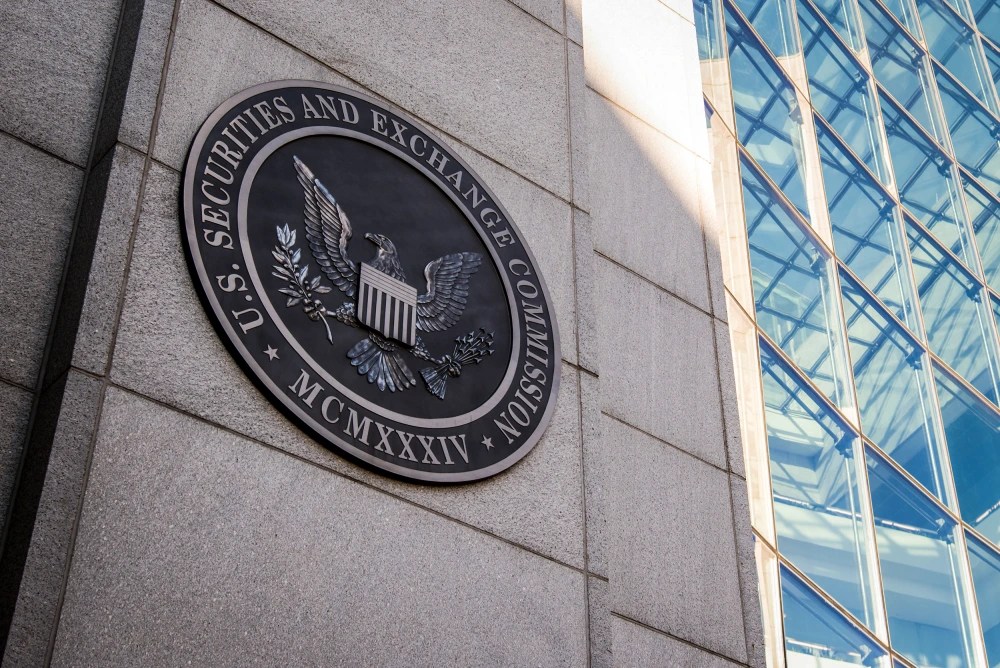In recent developments in the world of cryptocurrency and regulation, Coinbase, a major crypto exchange, has raised serious allegations against the United States Securities and Exchange Commission (SEC). These accusations revolve around claims of improper handling and destruction of key documentation, a move that could significantly affect ongoing crypto litigations. As digital currencies continuously transform the financial landscape, understanding the dynamics between regulatory bodies and crypto platforms is crucial for investors, developers, and enthusiasts alike. Dive further into the complexities of this legal tussle and the implications it holds for the future of cryptocurrency regulation.
Coinbase Challenges SEC Over Alleged Document Destruction
SEC’s Alleged Breach of Trust
Recently, Coinbase has taken legal action by filing a request with a federal court to expose what it describes as the SEC’s opaque policy shifts concerning cryptocurrency regulation. The petition, filed under the Freedom of Information Act (FOIA), seeks to shed light on potential misconduct and ensure accountability within the regulatory arena. Paul Grewal, Coinbase’s Chief Legal Officer, emphasizes the gravity of the situation, criticizing the SEC for a significant breach of public trust and underscoring the necessity for such actions to never be repeated.
According to Grewal, the SEC is accused of destroying crucial text messages that should have been preserved as part of its regulatory duties. These communications are believed to be pivotal in understanding the commission’s decision-making processes related to cryptocurrency regulation and enforcement. The suspicion arose following a report by the Office of Inspector General (OIG), which highlighted a series of errors by the SEC’s IT department, resulting in the loss of vital records during Gary Gensler’s chairmanship.
Issues with the SEC’s Record-Keeping
The court documents reveal that the SEC may have systematically excluded relevant text messages from high-ranking officials in response to FOIA requests. This exclusion signifies a potential violation of transparency and accountability, especially considering that the destruction of these records allegedly began after FOIA requests were filed but before any legal proceedings started. The internal communications of over 20 senior SEC officials could potentially be lost, with many others possibly at risk.
Grewal has been vocal about the need for the SEC to be held responsible for its actions, highlighting a precedent where the commission had previously fined private entities for similar record-keeping failures. He asserts that the same standards should apply to the SEC to maintain fairness and accountability.
Demand for Accountability
Coinbase is urging the court not only to investigate these claims thoroughly but also to enforce appropriate remedies. This includes an expedited search and recovery of all relevant communications and an unbiased inquiry into the SEC’s alleged misconduct. The focus is on ensuring that the regulatory body follows its principles and that such oversights do not recur, which could undermine public trust in the institution.
How does the SEC’s alleged misconduct impact the crypto industry?
The SEC’s alleged mishandling of records could lead to increased skepticism within the crypto industry regarding regulatory practices. It raises questions about the transparency and reliability of the SEC, potentially affecting the trust and willingness of crypto firms to comply with regulatory guidelines.
What are the potential consequences for the SEC if they are found guilty?
If proven, the SEC’s actions could result in legal consequences, including potential fines and a mandate to revamp its document management practices. It may also lead to stricter oversight of its operations by external bodies to ensure compliance with legal and ethical standards.
How does this situation affect Coinbase’s reputation?
By challenging the SEC, Coinbase positions itself as a proactive defender of transparency and accountability, which can enhance its reputation within the crypto community. It demonstrates a commitment to advocating for fair regulatory practices, potentially increasing its credibility and trust among investors and users.
As the legal proceedings unfold, both the cryptocurrency industry and regulatory bodies are keenly observing the developments. The outcome of this case could set a significant precedent for how regulatory practices are scrutinized and enforced in the burgeoning world of digital currencies.

